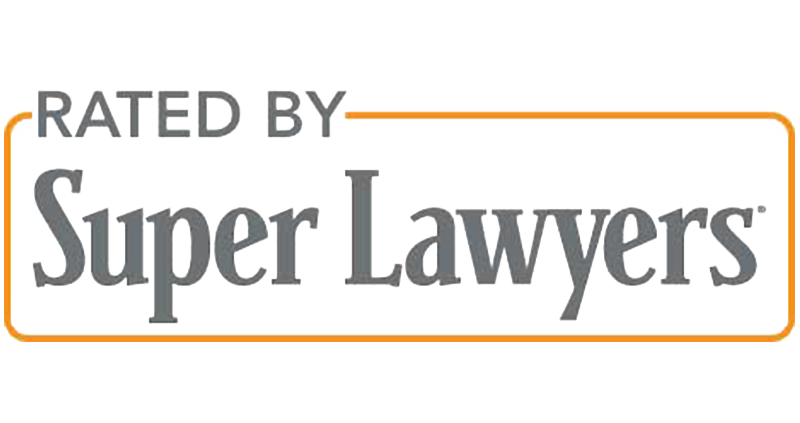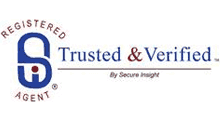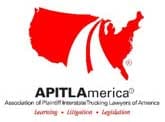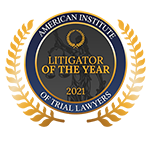If I Fell And Injured Myself Inside A Store Do I Have A Personal Injury Claim
December, 2010
By Bob Coleman
Coleman, Chambers & Rogers, LLP
Bob,
I slipped on some liquid inside a retail store last week and hurt my back. Now my doctor says I’ll need surgery and will have to miss work to recover. This has turned into a painful and very expensive ordeal. Do I have a claim against the store?
Possibly. Stores have a duty to keep their premises safe for customers, so it’s possible they were negligent by failing to clean up the liquid which resulted in your injury. However, this is a complicated area of tort law and whether or not you have a potential claim depends a great deal on a number of different facts. The key consideration is “superior knowledge.” Put simply, if the store knew or should have known about the spill, and had ample time to clean it up, or put out an adequate sign to warn customers but did not, you may have a claim if this failure caused you to fall. However, several factors can affect the success of your claim – most importantly whether you saw the liquid before you fell and had a chance to avoid it.
This is what is commonly known as a “slip and fall” claim. However, I dislike the term “slip and fall” because it trivializes what is a very complicated area of tort law that can result in serious injuries for the victims. A more appropriate term is “premises liability.” Georgia law provides that owners and occupiers of property are liable for hazards found on their property. Whether this hazard is an abandoned well, or a spilled soda, it’s the owner/occupier’s responsibility to adequately warn people of the hazard or remove it. When failure to do so causes someone to be injured, then the store and/or landowner is liable.
There are too many factors and issues in any premises liability claim to include in this one article. But these are a few of the key considerations:
Where did this happen?
Different types of premises have different standards for safety. For example, a retail store or shopping center in Gainesville may have a higher duty to inspect its premises more often and carefully than a home. There may also be different duties for areas within a hotel or store where the customers are invited or expected to be located, than areas like back rooms and basements where they are forbidden to enter.
What was the injured person doing there?
Unlike some states, Georgia law classifies Plaintiffs in a premises liability case into different categories. The duty of care the owner/occupier owes that Plaintiff may change based on their status. For example, a landowner has less of a duty to trespassers than he does to someone he invites onto the property. The most common designations are invitees, licensees and trespassers. Invitees are basically anyone induced or invited into a store or onto a property, with the exception of social guests. Licensees are typically social guests, or anyone there for purposes other than doing business, or shopping etc. Trespassers are people on premises without the express or implied permission of the owner. These definitions are very gray, and it’s often a question of several different facts to determine what category to assign the Plaintiff.
What was the hazard and how long was it there?
There are all manner of potential objects that can cause a hazard: spilled liquids, food — the proverbial banana peel — exposed wiring, toys, equipment, bad steps, holes in the ground, cracks in the floors, there’s even a famous Georgia case involving an exploding cigarette bin outside a store. Basically, a hazard is anything that could potentially cause someone to fall or get injured.
In many premises liability cases, how long the hazard was there is a key consideration. For example, if the soda was spilled 30 seconds before the fall, and no one working at the store saw it, or should have seen it, the store may not be liable. However, if that soda fell three hours before the fall, and store employees knew about it but just didn’t bother to clean it up or put a warning sign on it, then there’s a greater chance the store is liable.
Who knew, or should have known, it was there?
Ultimately, most of these cases turn on the question of knowledge. Who knew, or should have known, the hazard was there? If the owner/occupier knew about the spill, and had a reasonable opportunity to clean it up but did not, then it’s more likely they are liable. But if the Plaintiff also knew about the spill prior to the fall – if they saw it or someone warned them it was there – it may lower the owner/occupier’s liability or completely negate it. That’s why the facts of each individual case are so important. Often times it comes down to the internal policies of the store – were employees following a policy to inspect the premises every 15 minutes and were they responding to potential hazards by cleaning them up or adding warning signs? If no employee saw the hazard, would they have seen the hazard if they were following the policy? If there were warning signs placed on the hazard, was the warning adequate? Did the sign give shoppers an opportunity to avoid the hazard, or was it poorly situated or difficult to see? Again, it depends on the facts.
All of these facts and issues, and many more, must be considered in evaluating every premises liability case. The success or failure often depends on who had the best opportunity to know about the hazard — and do something about it — before it caused the injury.
















